Jakarta, MINA – Ambassador Extraordinary and Plenipotentiary of the Republic of Indonesia to Afghanistan, Arief Rachman, expressed his hope that the Medical Emergency Rescue Committee (MER-C), which had started humanitarian activities in Afghanistan during the war, can now play a more active role after the war.
It was conveyed when he received a visit from the MER-C Team at his residence, September 5, 2021.
“Thank you, it’s an honor to meet MER-C again after almost 20 years ago we separated in Pakistan. I was happy at that time, because the arrival of MER-C in my assignment in Pakistan and I had time to release MER-C while in Pakistan,” said Arief.
“I hope that MER-C, which previously had started in Afghanistan during the war, now has to be more active after the war, because of course it talks a lot about post-war reconciliation, especially in relation to sick people, of course there are many victims and need future maintenance,” he added.
Also Read: Syria, Jordan Condemn Netanyahu’s Visit to Occupied Syrian Buffer Zone
On the occasion of the visit, the MER-C Team consisted of dr. Sarbini Abdul Murad as Chairman of the Presidium and dr. Henry Hidayatullah as the Presidium, both of whom were volunteers who had served in the Humanitarian mission to Afghanistan in 2001 and 2002 ago, and dr. Zackya Yahya and Rima Manzanaris, Operations Manager of MER-C.
To the Ambassador, the Chair of the MER-C Presidium conveyed MER-C’s future plans for Afghanistan once an effective government has been formed there. As a medical emergency social institution, MER-C will focus on helping the health sector in the form of building clinics or Indonesian hospitals in Afghanistan.
“MER-C was once asked by Afghanistan to build health facilities there, after they saw us building an Indonesian Hospital in Gaza, Palestine,” said Sarbini.
“dr. Joserizal Jurnalis and the MER-C Team met with the Afghan Foreign Minister and discussed this,” he said.
Also Read: UNIFIL Reports Over 7,300 Israeli Violations of Lebanese Airspace Since Ceasefire
In response to this, Arief expressed his support for MER-C in conducting second track diplomacy in Afghanistan.
He also believed that MER-C has the ability to turn challenges into opportunities, especially since health is indispensable.
He added that after the war, of course, there were victims whose settlement took one month, three months, maybe even a year and if MER-C builds a hospital, it is the most appropriate in areas that do not yet have a hospital, so the opportunity to participate in the benefits, especially health, can be greater.
He also hope that all efforts can be made as much as possible so that it can be useful for the next future in Afghanistan. (T/RE1)
Also Read: Russia Condemns UN Gaza Resolution, Says It Contradicts Palestinian Statehood
Mi’raj News Agency (MINA)






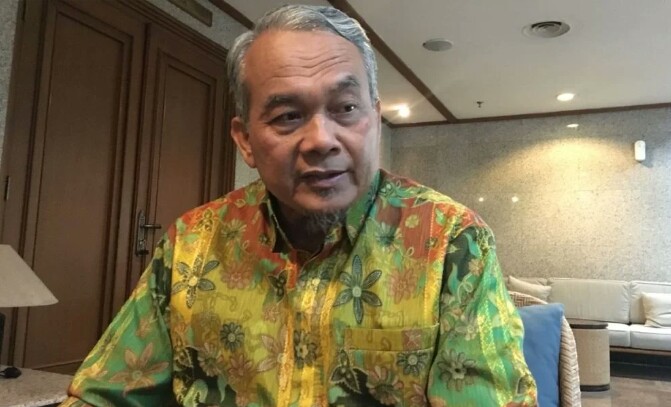


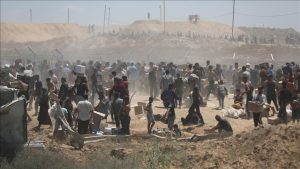
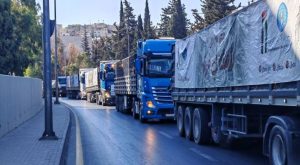
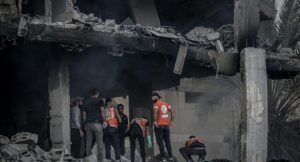


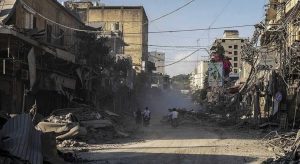
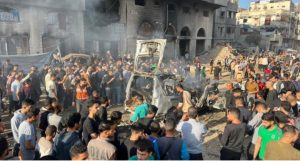
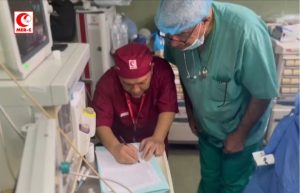
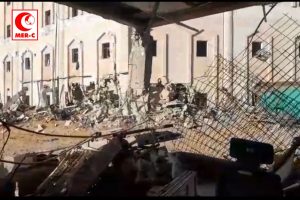
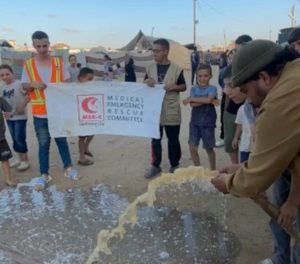
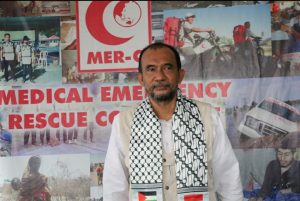
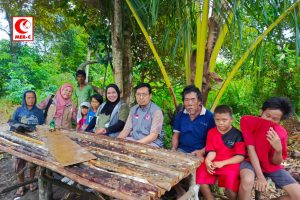
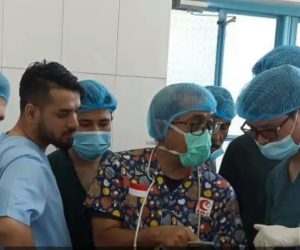













 Mina Indonesia
Mina Indonesia Mina Arabic
Mina Arabic